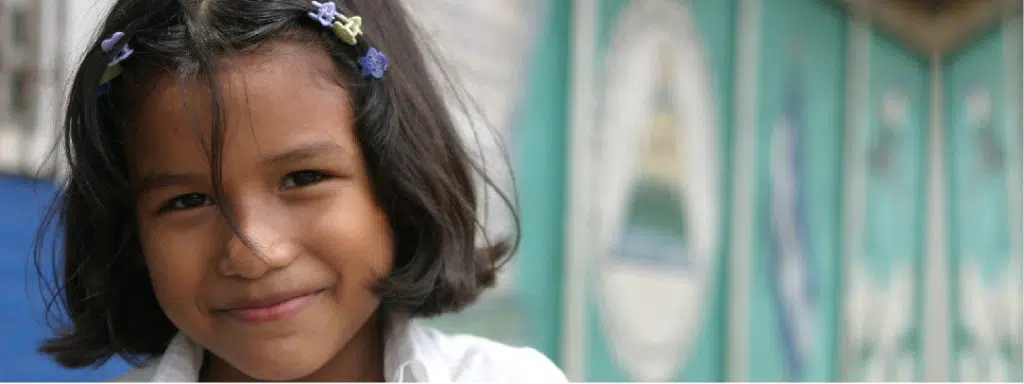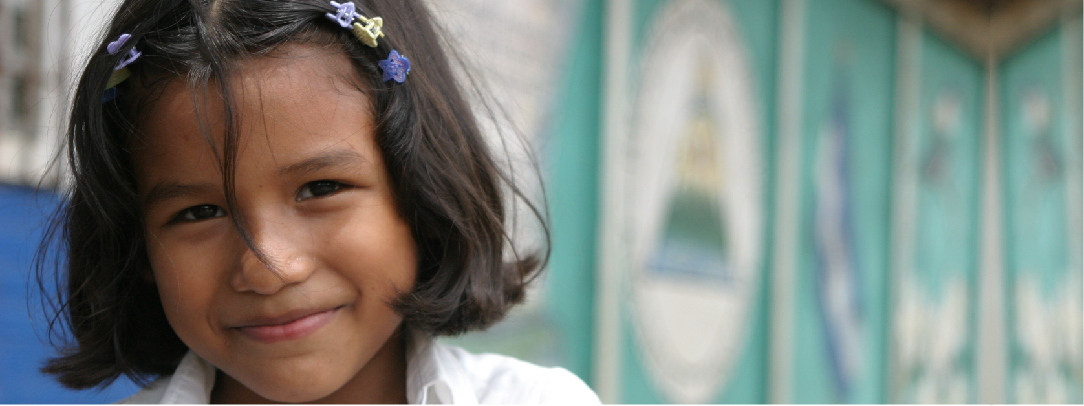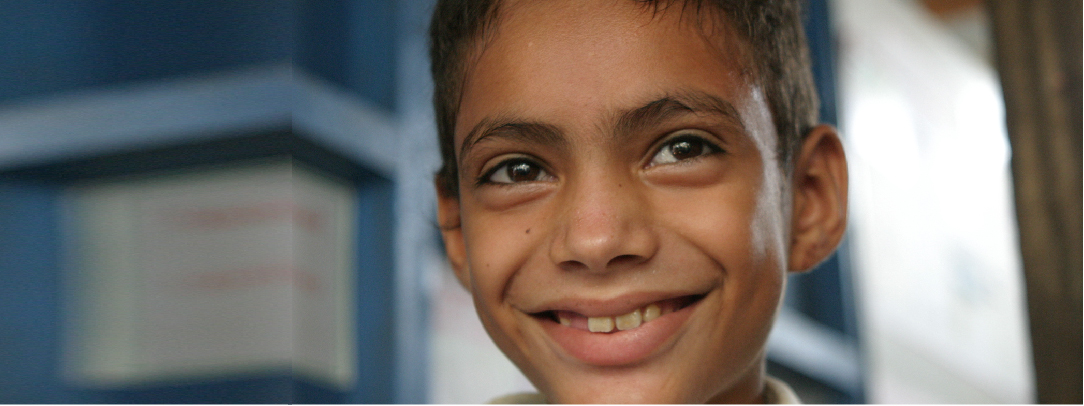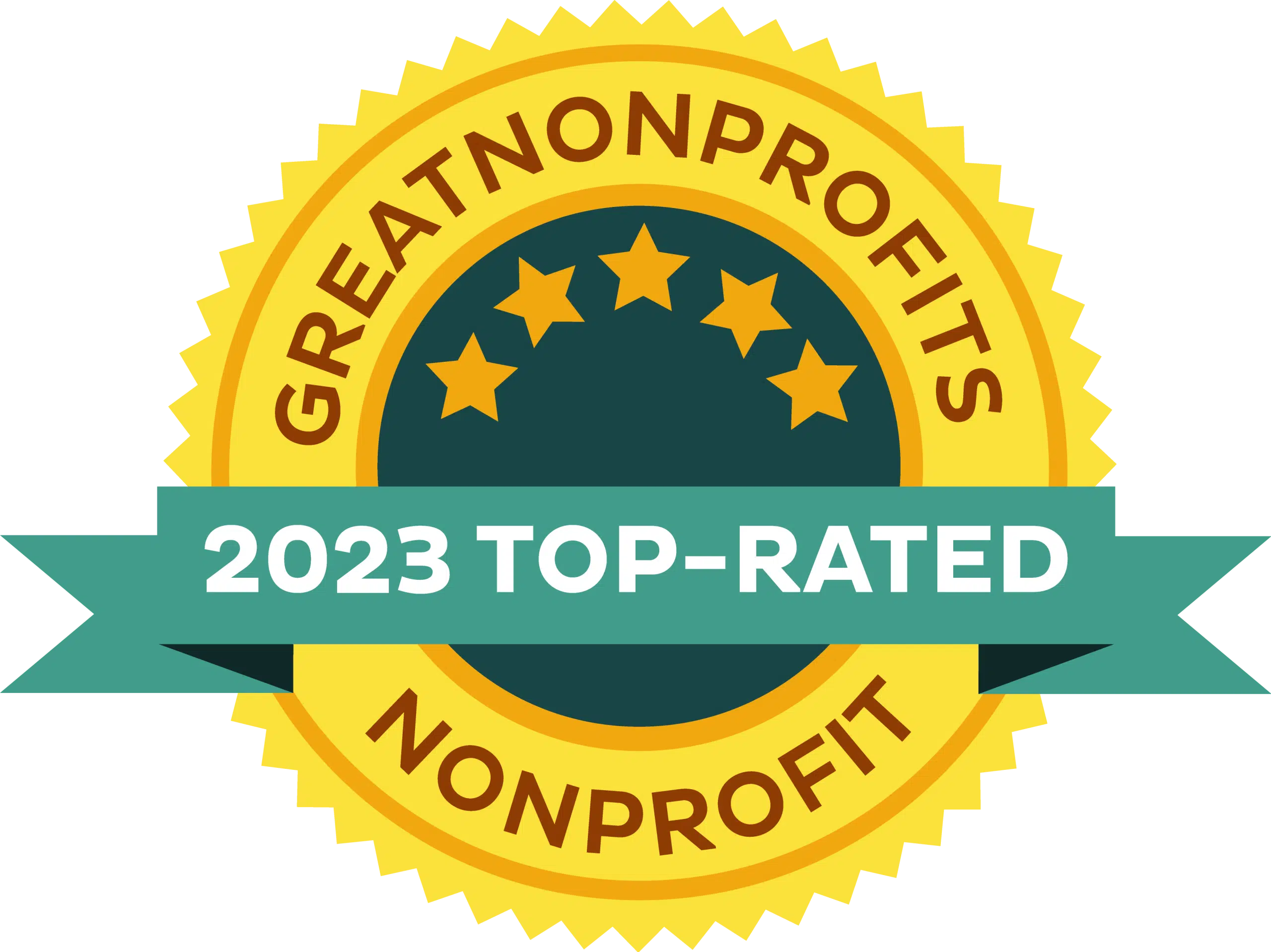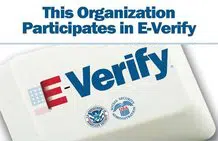Since 2002, the International Labor Organization (ILO) has designated June 12 as World Day Against Child Labor. The day is designed to bring governments, nonprofit organizations and civil society together to highlight the struggles of child laborers and highlight what we, as a global society, can do to prevent this issue. The Sustainable Development Goals (SDGs), set by member organizations of the United Nations in 2015, include a strategic goal towards ending child labor worldwide. Target 8.7 of the SDGs calls on the global community to: “Take immediate and effective measures to eradicate forced labor, end modern slavery and human trafficking and secure the prohibition and elimination of the worst forms of child labor, including recruitment and use of child soldiers, and by 2025 end child labor in all its forms.”
According to the ILO, most of the 5.7 million children around the world and in Latin America who are involved in child labor are working in high-risk industries such as mining, dumpsites, domestic labor, fireworks manufacturing and fishing.
Partners of the Americas focuses on combating child labor through three flagship projects: Colombia Avanza, EducaFuturo and Paraguay Okakuaa.
Out of the 796,293 children living in Colombia, 56% of children living in rural areas and 44% of children living in urban areas are involved in child labor. The Colombia Avanza project hopes to improve the capacity of civil society to better understand and address child labor and promote acceptable conditions of work in Colombia’s coffee sector. By 2021, the program aims to improve the capacity of civil society to identify and document information on the nature/scope of child labor and/or forced labor, and violations of acceptable conditions of work in the coffee sector. The Colombia Avanza project is funded by the U.S. Department of Labor.
Through our involvement with local organizations, the EducaFuturo project is working to emphasize the importance of education through coursework and community-based learning and in turn increase household incomes and prospects so that families don’t have to rely on children for labor in the field. The Educafuturo project is funded by the U.S. Department of Labor.
The Paraguay Okakuaa project aims to support Paraguay in its efforts to reduce the worst forms of child labor and improve labor law compliance and working conditions, with a particular focus on the Department of Guairá. The project is reaching 2,890 children and youth to protect their wellbeing, expand educational opportunities and promote compliance with labor laws and improve labor conditions. The Paraguay Okakuaa project is funded by the U.S. Department of Labor.
Stay with us as we provide updates on how our projects are celebrating World Day Against Child Labor with a variety of events throughout the month of June.
For the latest updates, follow the projects on social media:
– EducaFuturo on Facebook
– Paragay Okakuaa on Facebook
